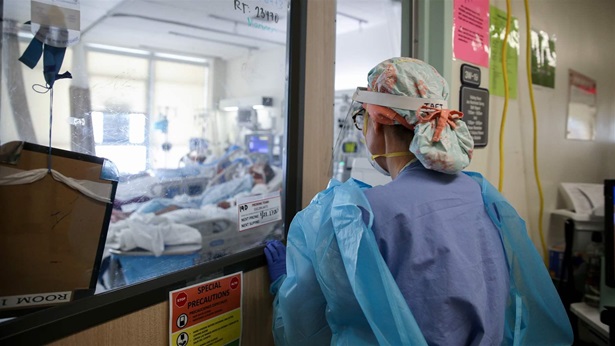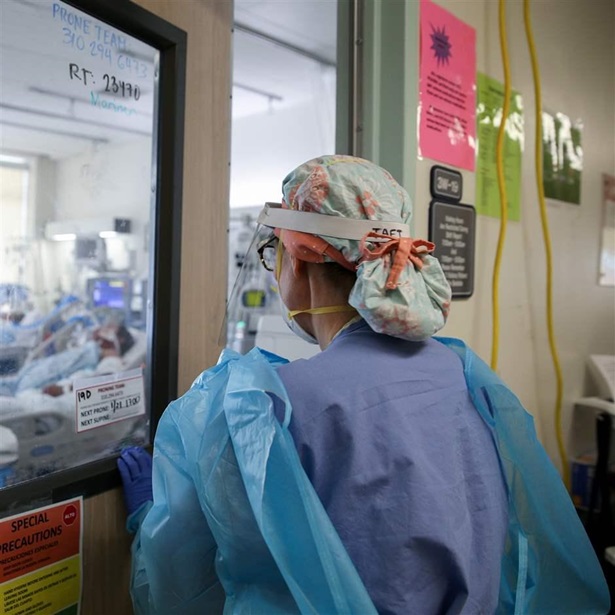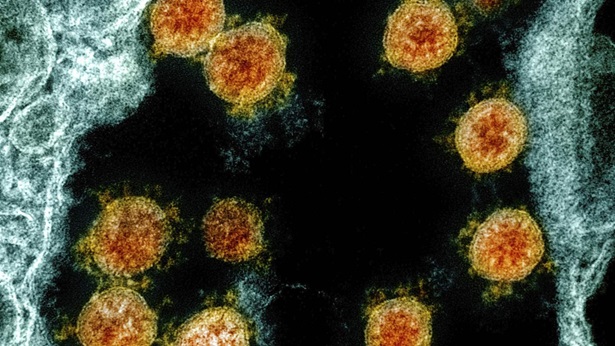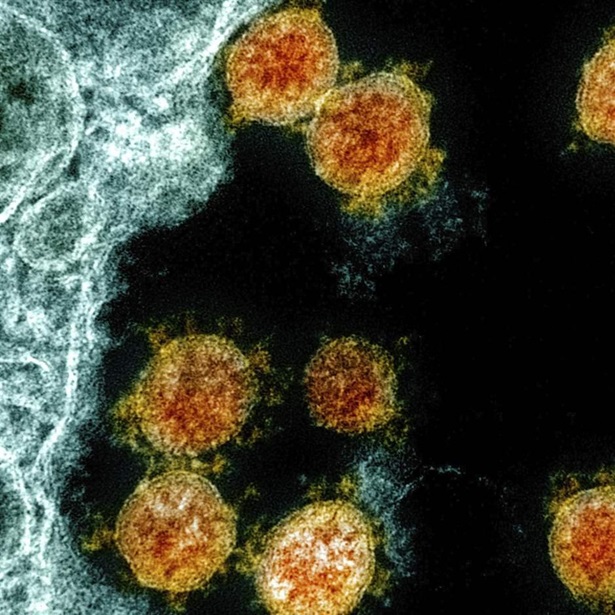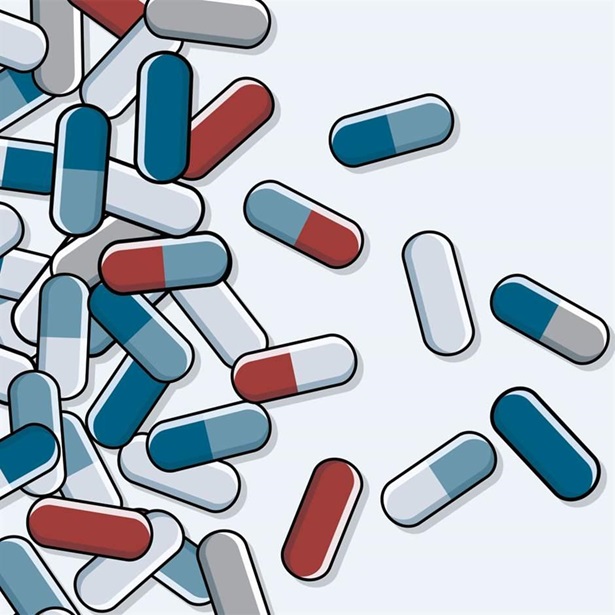Many Hospitalized COVID-19 Patients Are Given Antibiotics. That’s A Problem
As the Covid-19 pandemic continues into its second year, public health experts are increasingly concerned that the response to this global crisis may be accelerating another one: the development and persistence of the antibiotic-resistant bacteria known as superbugs. Why? All antibiotic use hastens the emergence of resistance. And although antibiotics aren’t used to treat Covid-19, which is a viral illness, they’re often prescribed to Covid-19 patients who are at risk for bacterial infection.
New research from our organization, The Pew Charitable Trusts, sheds additional light on the extent to which antibiotics are being prescribed unnecessarily in the midst of the pandemic. In a study of nearly 6,000 hospital admissions between February and July 2020 among patients with Covid-19, at least one course of antibiotics was given to more than half (52%) during their hospital stays.
That’s significantly greater than the percentage of those patients who had bacterial infections. In just 20% of admissions, patients were diagnosed with suspected or confirmed bacterial pneumonia, and only 9% were diagnosed with a community-acquired urinary tract infection. The actual number of cases of such bacterial infections is probably even lower based on the was the study was conducted.
This disparity between the number of patients treated with an antibiotic and those who actually needed one is at least partly explained by the fact that the vast majority of patients who received antibiotics were given their first course within 48 hours of admission — before medical personnel would typically know the result of diagnostic tests for bacterial infection.
Read the full piece on STAT (originally published March 30, 2021).

